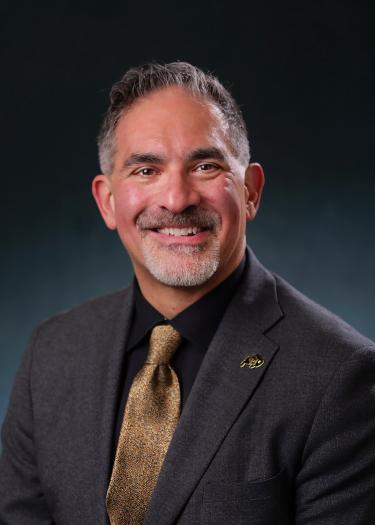Chancellor's Message

November 21, 2024
Since 1913, CU Boulder’s accreditation by the Higher Learning Commission (HLC) has been a hallmark of the high-quality education we provide. While the accreditation process has changed during the last century, accreditation remains a unique opportunity for continuous self-examination of the institution's strengths and challenges—and an opportunity to gain thoughtful observations from other leaders in higher education.
For the past few years, a strong team of faculty and staff led by Katherine Eggert, vice chancellor for academic planning and assessment, worked incredibly hard preparing the year-four assurance filing to the HLC, submitted in June. I’d like to thank Katherine and her team for their work and this outstanding achievement.
In this assurance filing, we provided evidence of our continuous growth and improvement as an institution since the HLC 2019 campus visit and our continued commitment to providing our students with a high-quality education. We also included two updates required from our 2019–20 accreditation review: to design and implement a common curriculum that defines the learning experience and intended learning outcomes for all CU Boulder undergraduates; and to create a cross-campus plan for the assessment of student learning. After reviewing the university’s report and the supporting evidence, the reviewing team and HLC have required further follow-up on both areas, due to the HLC in July 2026.
The campus community has done a tremendous amount of work in both of these areas, and it remains critical that we continue to work together to document and implement our common curriculum and academic assessment processes. I am relying on Vice Chancellor Eggert and her team to collaborate and work across the university to further develop these initiatives and report back to me periodically on the progress.
CU Boulder's ongoing accreditation efforts bring together diverse views, evidence and projects from the entire campus to document our continued compliance with accreditation standards and criteria and to articulate our goals for further innovation and improvement.
As a good steward in higher education, CU Boulder is proud to maintain high standards for continuous institutional improvement that benefit our students, faculty and staff and impacts our state and the world.
Justin Schwartz
Chancellor, University of Colorado Boulder

